Bringing a pet bird into your home can be a rewarding experience, as these feathered companions often bring joy, beauty, and entertainment into our lives. However, caring for birds presents unique challenges that many owners overlook. By understanding the common mistakes people make when caring for pet birds, you can ensure a healthy, happy life for your avian friend.
Choosing the Wrong Species
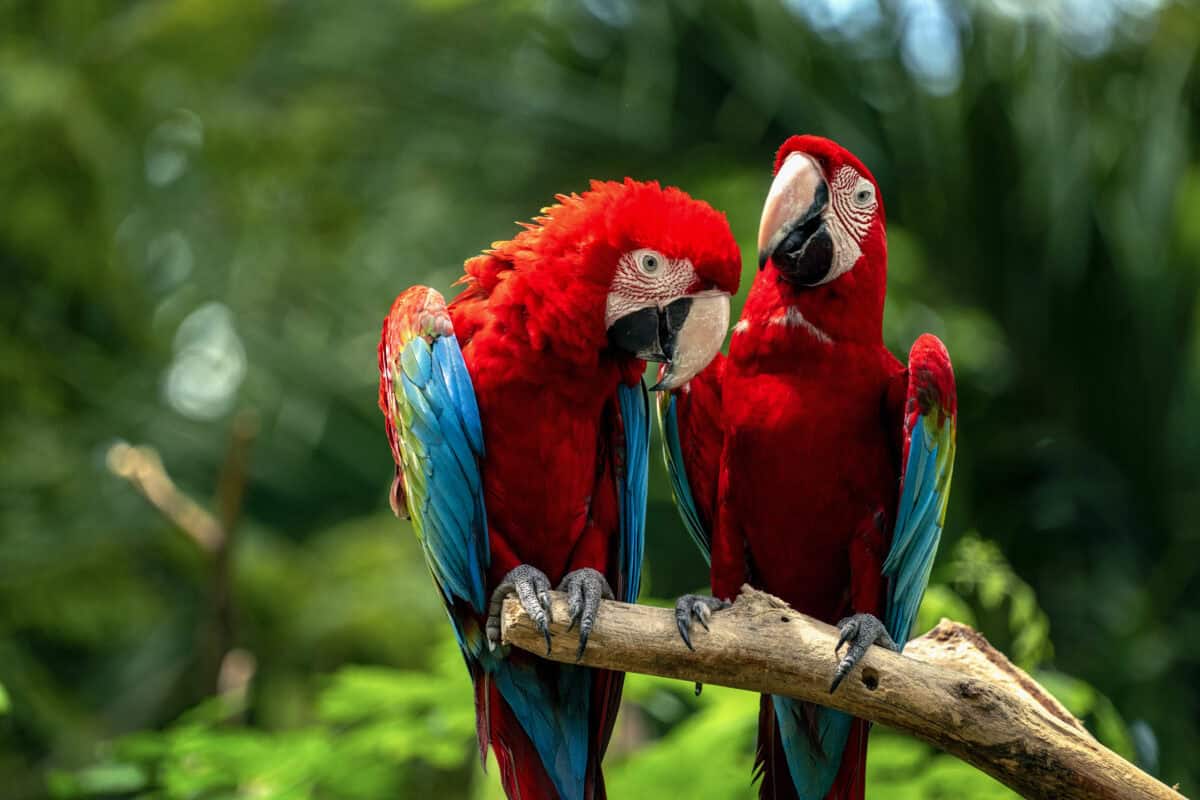
One of the first and most critical mistakes is selecting a bird species that doesn’t fit your lifestyle. Different birds have varying needs, activity levels, and social behaviors. Researching and choosing a bird that matches your ability to provide for its specific requirements is essential for a harmonious relationship.
Inadequate Cage Size

A common oversight is keeping birds in cages that are too small. Birds need space to move, stretch their wings, and engage in natural behaviors. A cramped environment can lead to stress and related health issues. It’s crucial to choose a cage that gives your bird ample room to thrive.
Poor Nutrition Choices

Improper diet is another typical mistake. Many bird owners resort to seed-only diets, neglecting the diverse nutritional needs of their pets. Birds require a balanced diet, including fruits, vegetables, and pellets, to maintain optimal health. Consulting avian nutrition guides can help you create appropriate meal plans.
Ignoring Social Needs

Birds are inherently social creatures. Leaving them isolated for extended periods can lead to loneliness and behavioral issues. Engaging with your bird through regular interaction and providing social activities like toys or allowing them to see other birds can enhance their quality of life.
Lack of Mental Stimulation

Just like humans, birds need mental stimulation to stay happy and healthy. Boredom can lead to destructive behavior and stress. Offering a variety of toys and changing them frequently helps keep your bird mentally engaged.
Improper Handling
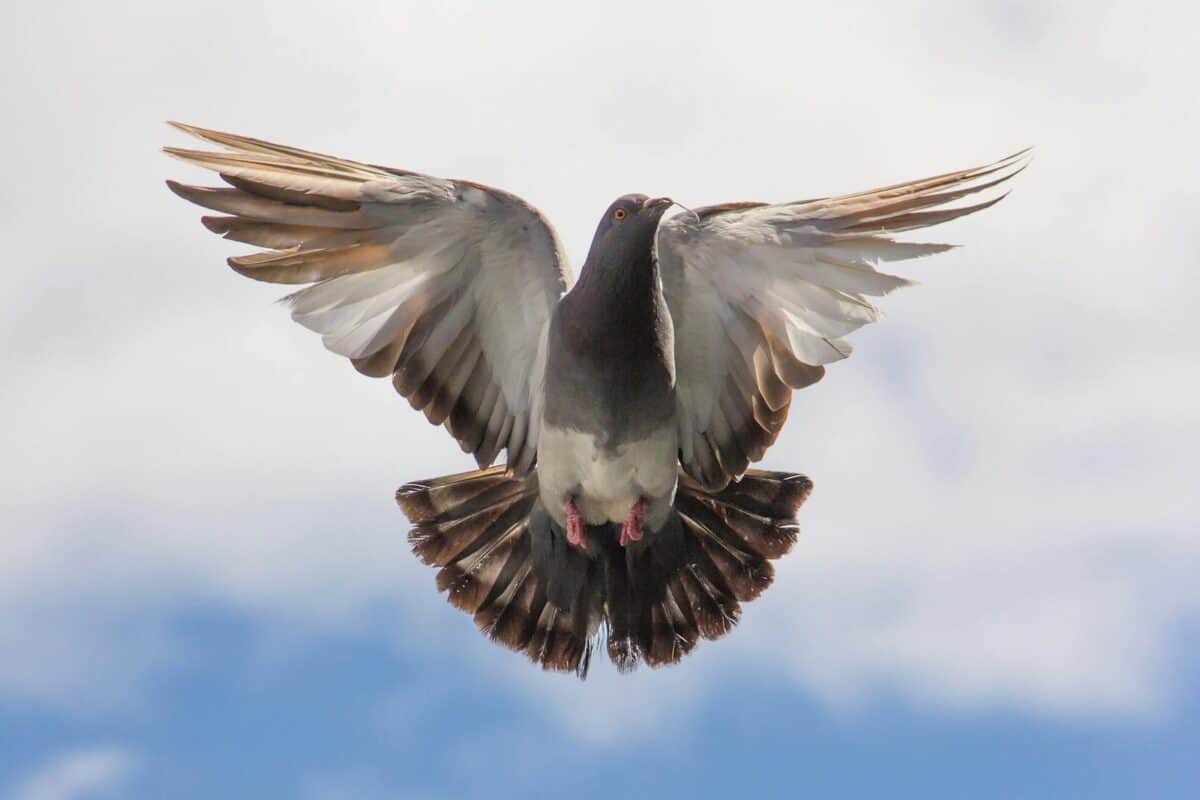
Handling birds roughly or incorrectly can cause them distress or physical harm. New owners often underestimate the fragility of birds and need to learn how to handle them gently. Learning proper handling techniques can prevent accidents and build trust between you and your bird.
Neglecting Grooming Needs

Regular grooming is essential for the well-being of pet birds. Leaving nails, beaks, or feathers uncared for can lead to medical issues. Understanding and performing necessary grooming tasks, or seeking professional help when needed is a crucial aspect of bird care.
Failure to Quarantine New Birds
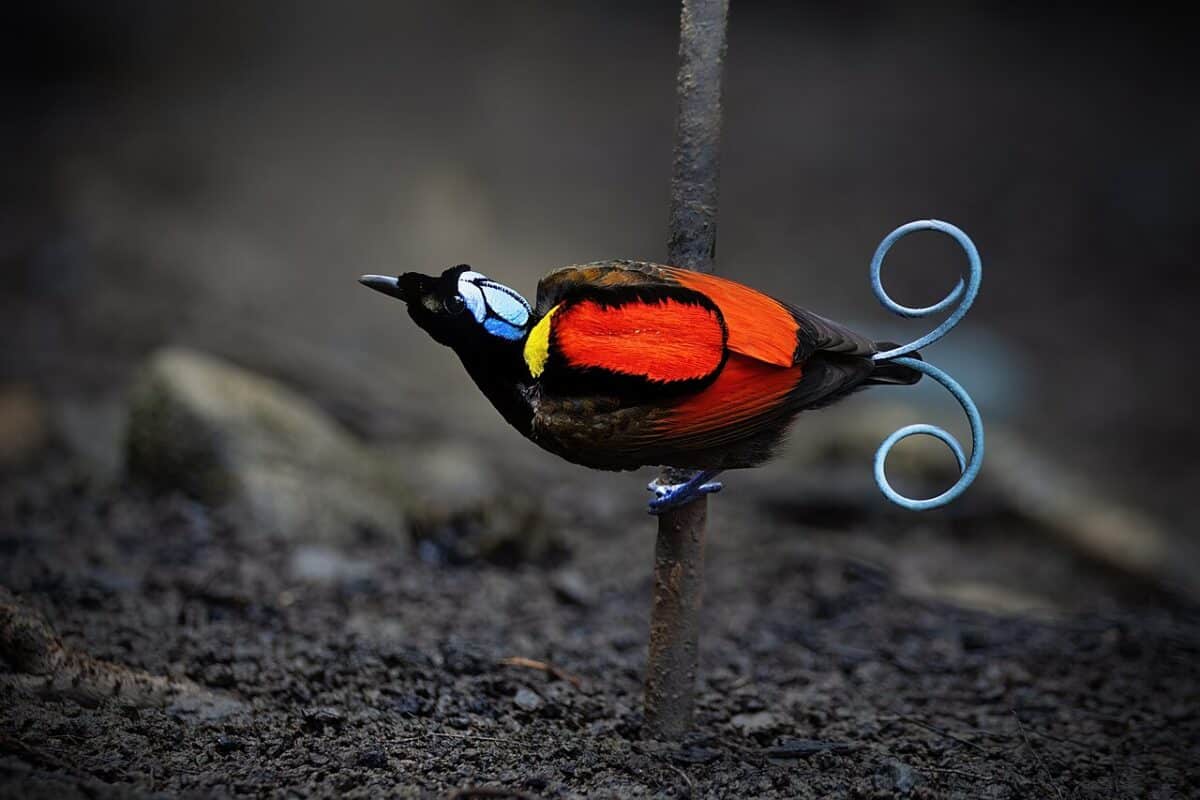
Introducing a new bird to your home without proper quarantine can risk the health of your existing birds. A quarantine period will help you ensure the new bird is healthy and free from contagious diseases, protecting the entire flock.
Overlooking Signs of Illness

Birds are adept at hiding signs of illness, so pet owners must remain vigilant. Ignoring symptoms such as changes in behavior, appetite, or droppings can lead to severe health problems. Regular veterinary check-ups are vital to catching and addressing potential health issues early.
Exposing Birds to Toxic Substances
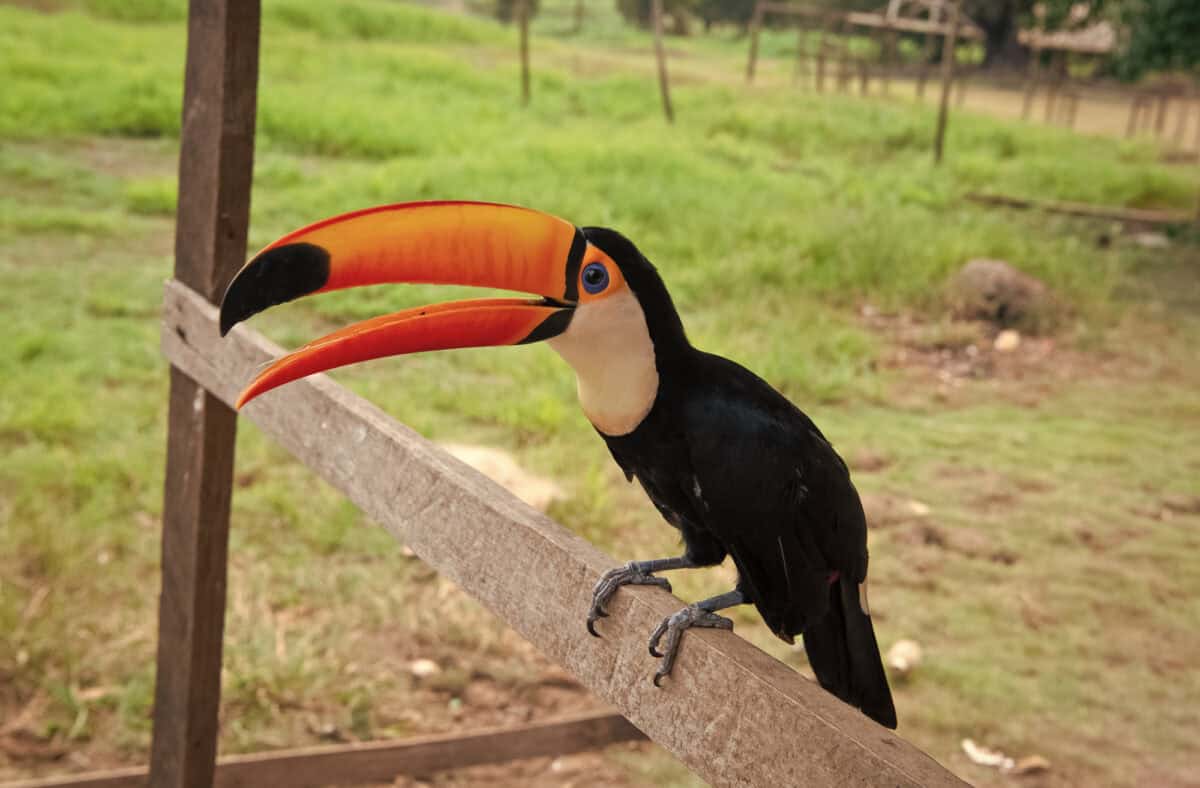
Household items you might consider safe can be harmful or even fatal to birds. Teflon-coated cookware, certain houseplants, and aerosols can all pose significant risks. Being aware of and eliminating exposure to these dangers is a key part of conscientious bird care.
Underestimating Noise Levels

Birds can be quite vocal, which can be surprising for new owners. If you’re not prepared for the noise level associated with certain species, it can lead to frustration. Understanding and accepting this aspect of bird behavior is crucial for a peaceful coexistence.
Improper Temperature and Lighting

Birds are sensitive to temperature changes and require proper lighting to regulate their circadian rhythms. Ensuring that their living environment remains stable and simulates natural daylight can promote a healthier lifestyle.
Skipping Regular Vet Visits

Regular veterinary care is as important for birds as it is for dogs or cats. Scheduling annual check-ups with an avian veterinarian can help catch health issues before they become severe, ensuring your pet bird remains in good health throughout its life.
Forgetting to Clean the Cage

A clean living environment is crucial for your bird’s health. When cage cleaning is neglected, it can lead to infections and diseases. Establishing a regular cleaning routine will help maintain a sanitary and pleasant home for your bird.
Lack of Research

Finally, a failure to research and continually educate yourself about your bird’s needs can hinder your ability to provide optimal care. Engaging with bird-keeping communities, reading up-to-date materials, and staying informed will enhance your bird-care practices.
Conclusion:
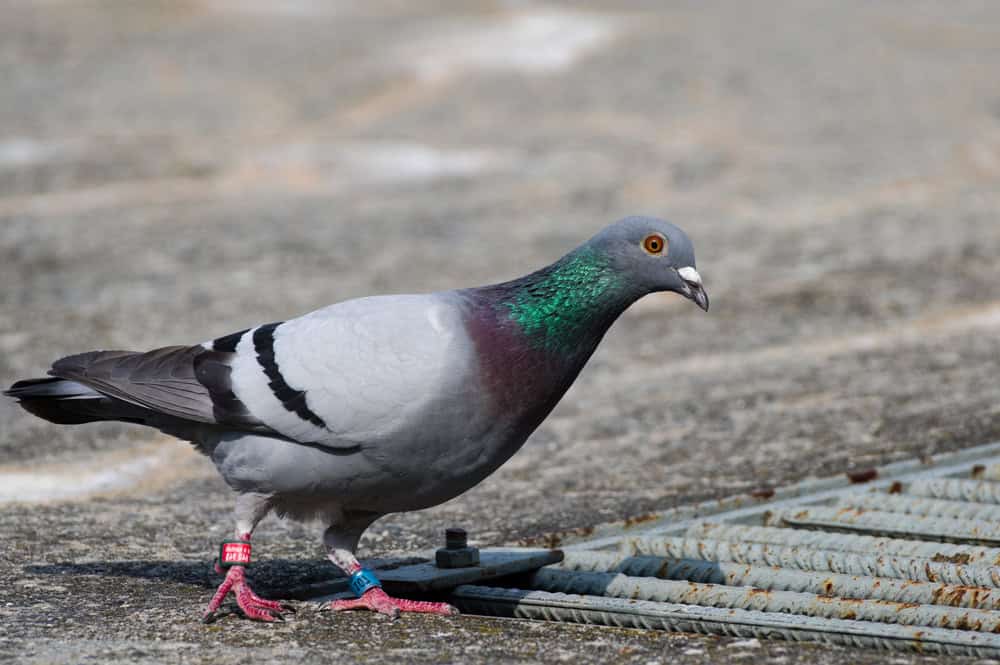
In conclusion, avoiding these common mistakes can significantly influence the health and happiness of your pet bird. Taking the time to understand and meet the needs of your avian companion will foster a rewarding relationship and ensure your bird’s well-being for years to come.
- 15 Common Mistakes When Caring for Pet Birds - August 14, 2025
- 12 Species That Hibernate in the U.S. - August 14, 2025
- 15 Animal Species That Recognize Themselves in Mirrors - August 14, 2025

